
Naoko Fujito
Associate Professor,
Dept of System Pathology for Neurological Disorders
- Laboratory for Evolutionary Brain Pathology
Interview
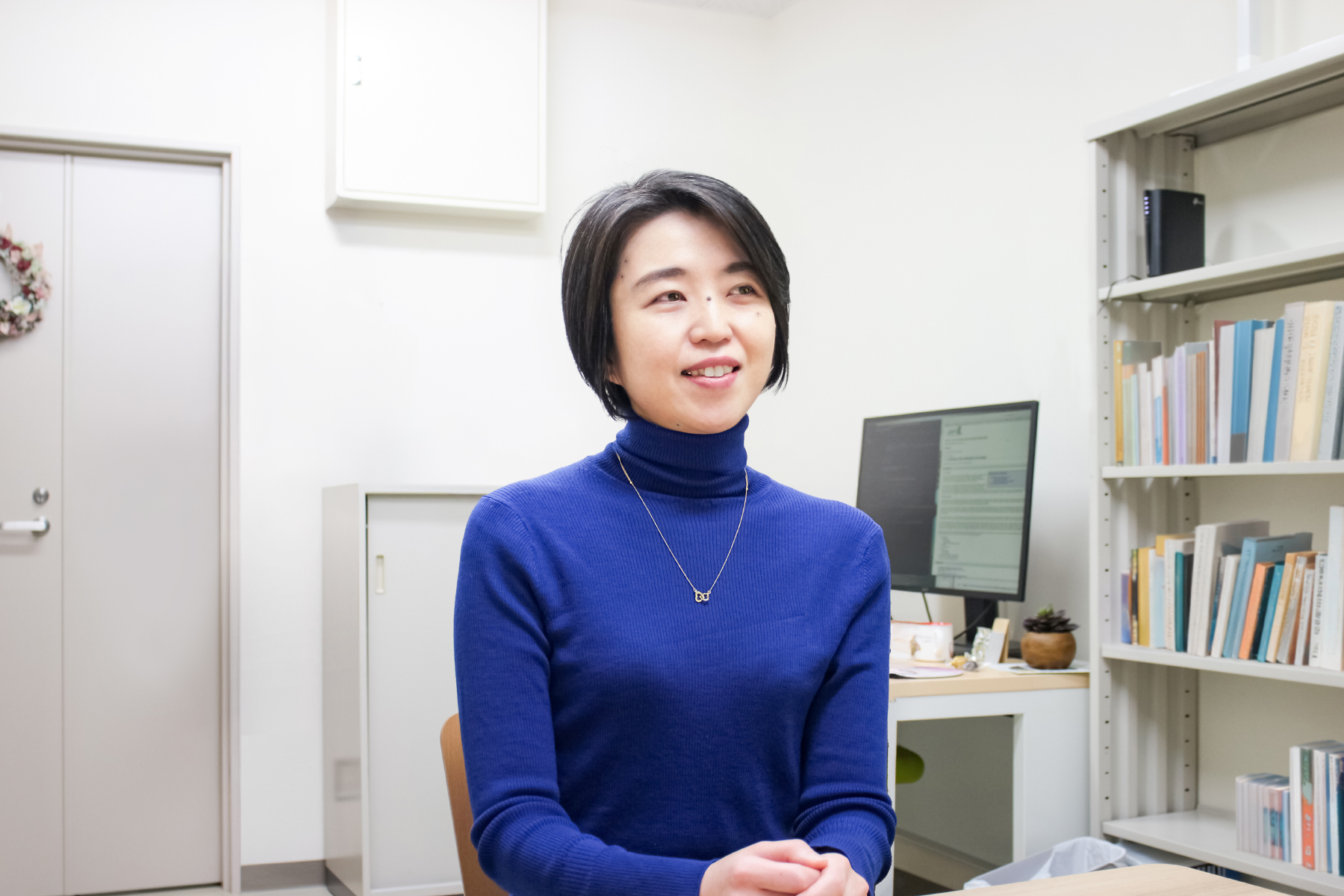
Could you share details about your career so far and your current research focus?
I received my PhD from the Graduate School of Science at the University of Tokyo. My research focused on understanding the evolution of the immune system by comparing gene sequences of key immune components across various animal species. I collected and analyzed samples from a wide range of vertebrates, as well as invertebrates such as hydras and anemones. My studies also included species like polypterus, platypus, and wallabies, which are considered to have ancient evolutionary lineages.
As my research progressed, I became increasingly interested in analyzing genome sequence information in greater detail. Working with polymorphic genes in the immune system, I sequenced and analyzed the DNA of a large number of individuals from the same species. However, I found it frustrating that much of the sequence data I obtained could not be fully utilized for analysis.
After earning my degree, I joined SOKENDAI (The Graduate University for Advanced Studies) as a postdoctoral fellow, where I trained in population genetic analysis methods at a leading center for evolutionary research. I became deeply fascinated by the multiple layers of information encoded in the genome and the analytical approaches used to decipher them.
I then pursued further research at the University of California, San Francisco, and the National Institute of Genetics. At the Institute of Genetics, I joined a human genetics lab, where I developed a strong interest in how historical evolutionary events influence present-day human health through natural selection. Currently, my research focuses on analyzing the evolutionary history of genetic mutations that cause disease.
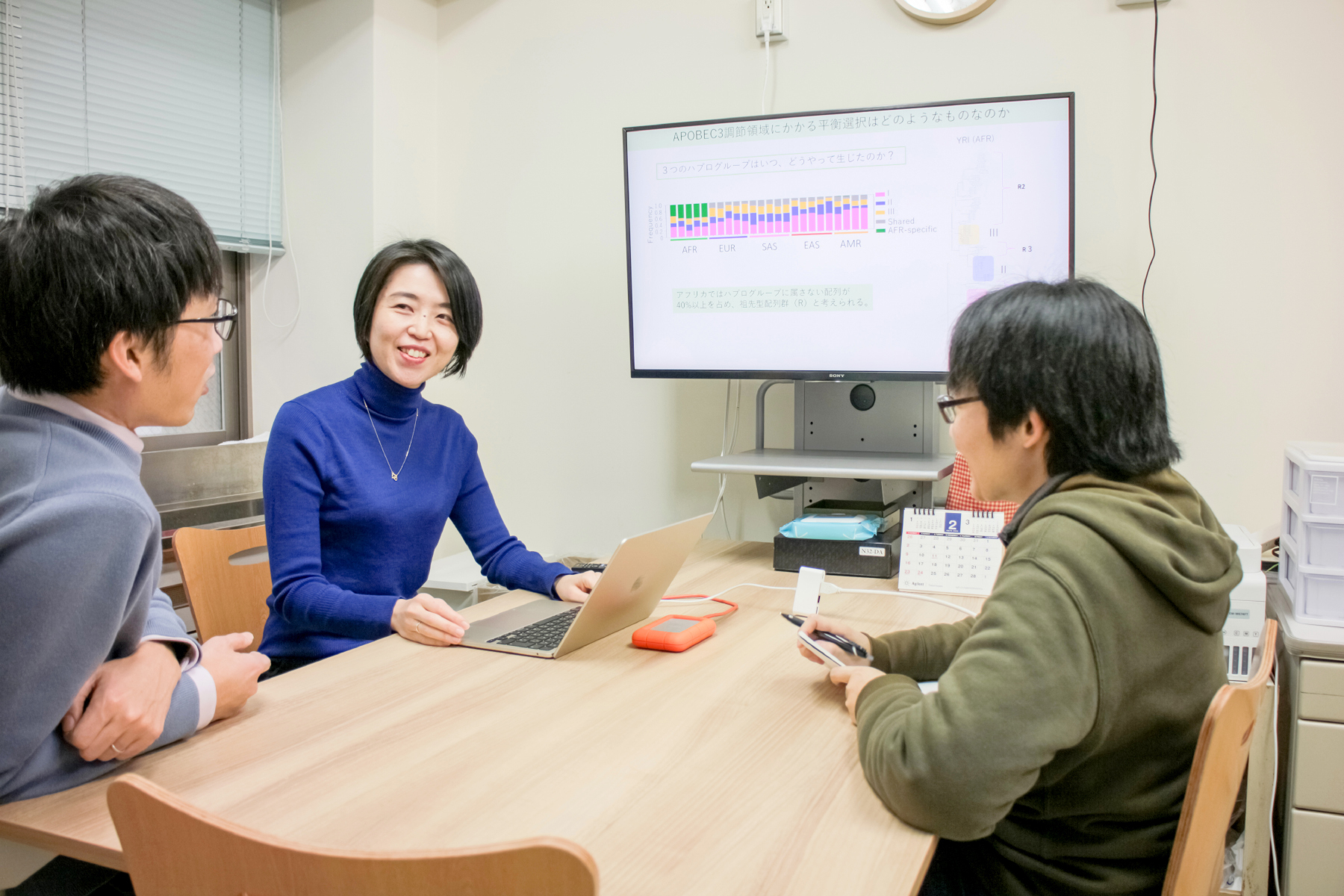
What inspired you to pursue brain research, and what influenced your decision to join BRI?
The Laboratory of Evolutionary Brain Pathology was newly established at BRI in 2024, and I joined in April of the same year. My research has focused on analyzing genes related to diseases and immunity, as well as studying evolutionary mechanisms. In a way, joining BRI has introduced me to a new research theme--brain diseases. While I am still in the process of setting up the laboratory, my goal is to integrate my past research with brain disease studies.
Our laboratory is a three-member team led by Professor Yoshida, who has made significant contributions to evolutionary research through interspecies comparative genomics and nematode studies, and Assistant Professor Dr. Ishita, who conducts innovative gene function analyses using nematodes. Coming from diverse research backgrounds, we bring different perspectives to the table, and I am excited about the potential synergies in our work--uncovering insights that would not have been possible individually.
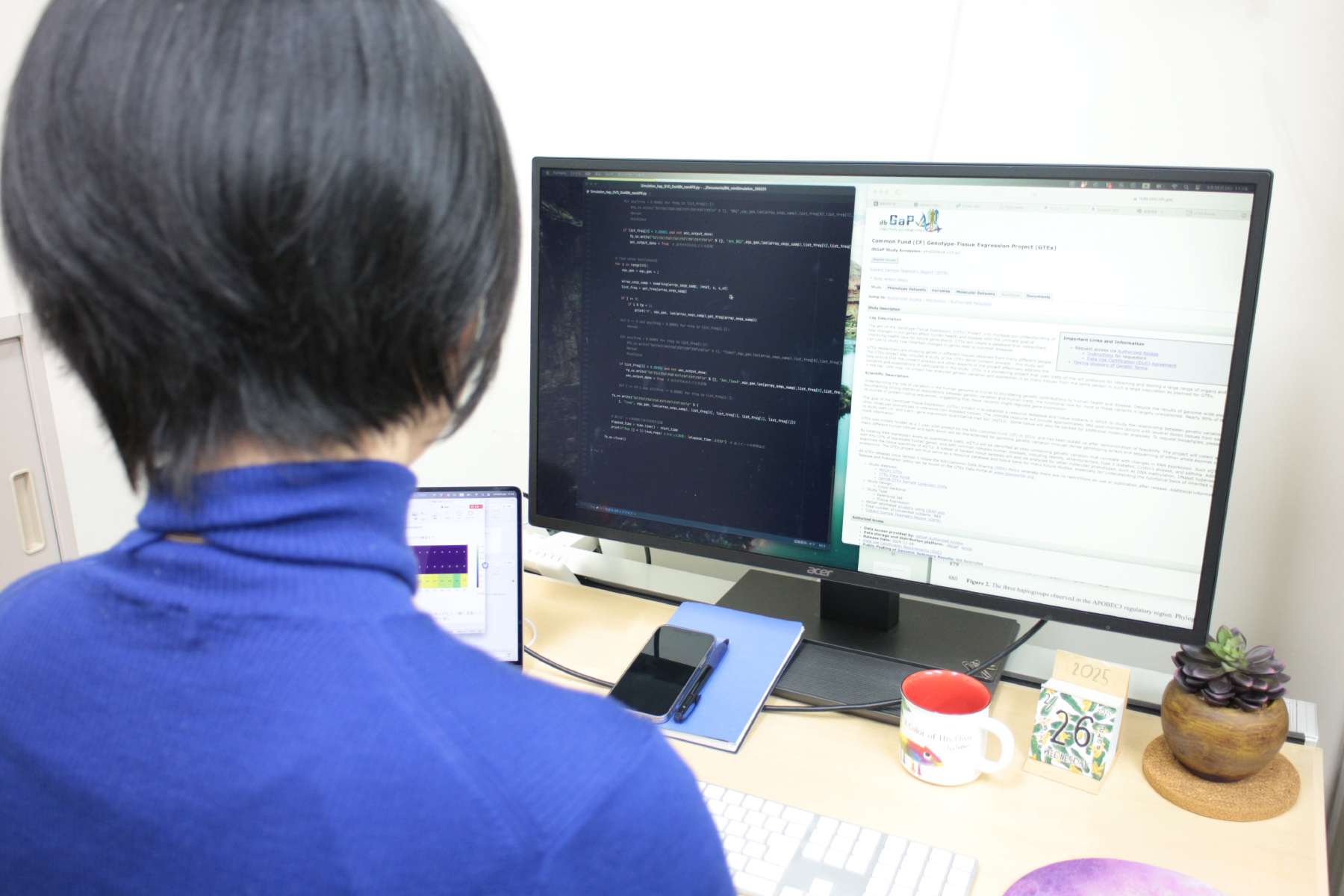
What advantages do you see in doing research at BRI, and what aspects of its research environment do you find most attractive?
I believe the most compelling aspect is the opportunity to work alongside researchers at the forefront of various fields in brain research. The institute encourages active discussions and collaborations, creating a dynamic and stimulating research environment. I look forward to contributing to brain disease research here while continuing to grow as a researcher.
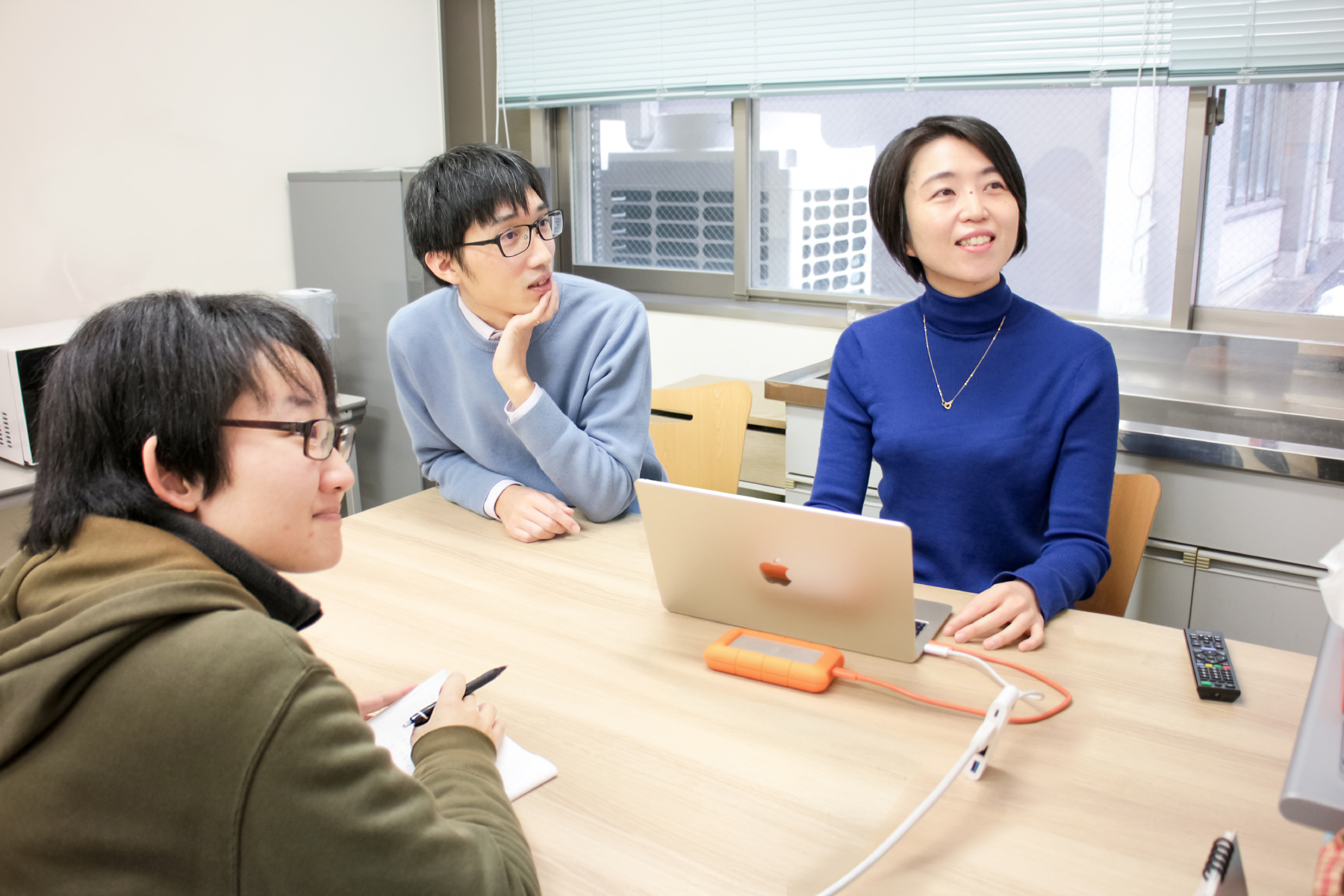
What aspects of your work do you find both fascinating and challenging? What obstacles do you encounter?
I suppose it's the thrill of witnessing something no one has seen before. Discovering a new fact through research can sometimes feel like just another part of a researcher's routine. Yet, even if it's not a groundbreaking, world-class discovery, there's something surreal about being the only person in the world who knows that fact at that moment--as if you've uncovered a small secret of the universe.
Equally rewarding is sharing those findings with fellow researchers, discussing their significance, and exploring the next steps together. The most challenging part, however, is the long and often solitary journey of research. In that sense, I'm reminded every day of how invaluable it is to have good colleagues to navigate this path with.
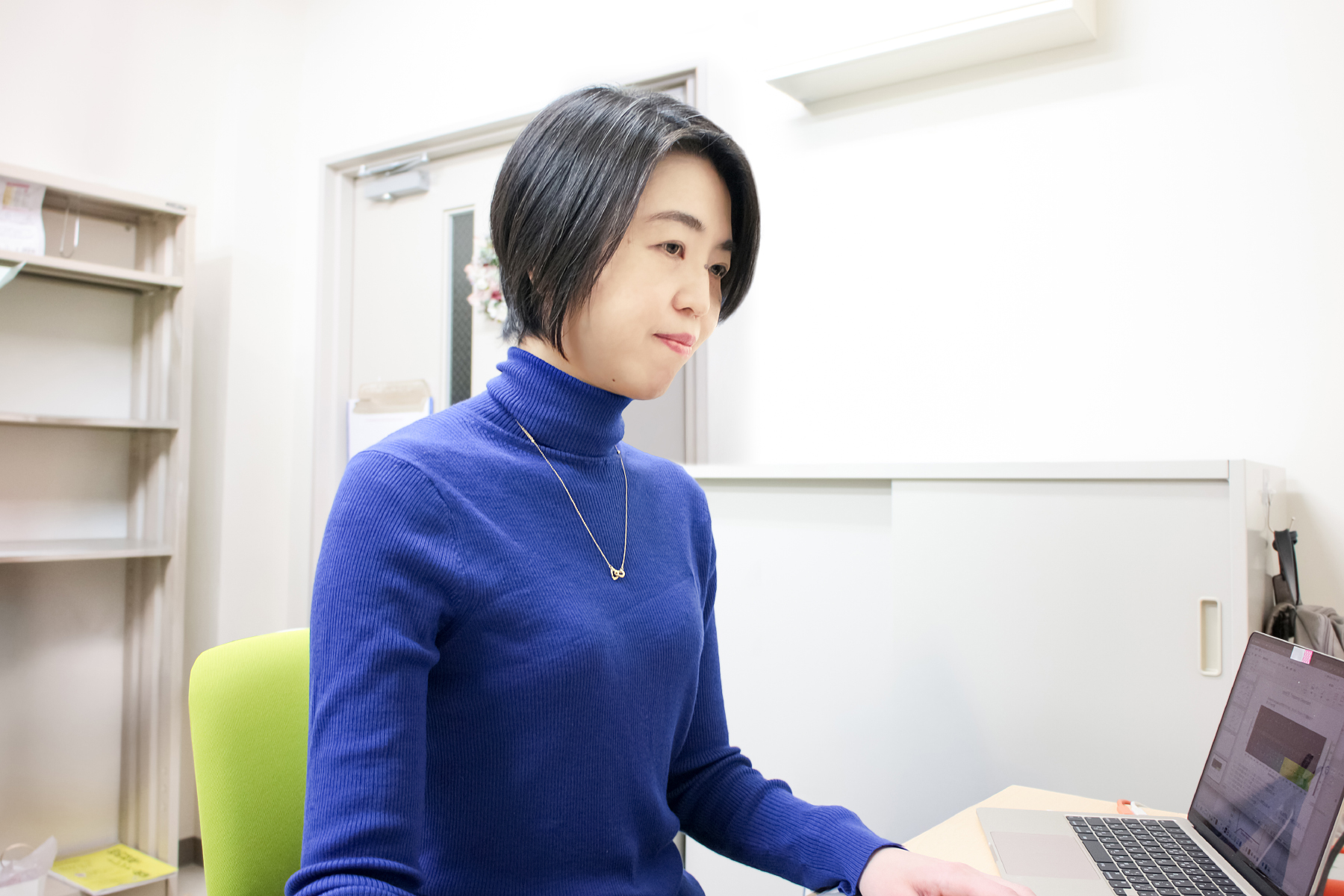
Do you have a personal motto or guiding principle that you follow in your work?
I believe it's important to understand the data accurately without becoming too attached to my hypothesis. While it's not always easy, making too many assumptions can lead to a divergence between the data and the analysis. I strive to value my initial impressions and any sense of discomfort I experience when first analyzing the data, as they often hold key insights.
What are your goals for the future?
By analyzing genetic mutations associated with brain diseases, I aim to uncover their evolutionary origins. By learning from the past, I hope to contribute to human health and well-being.
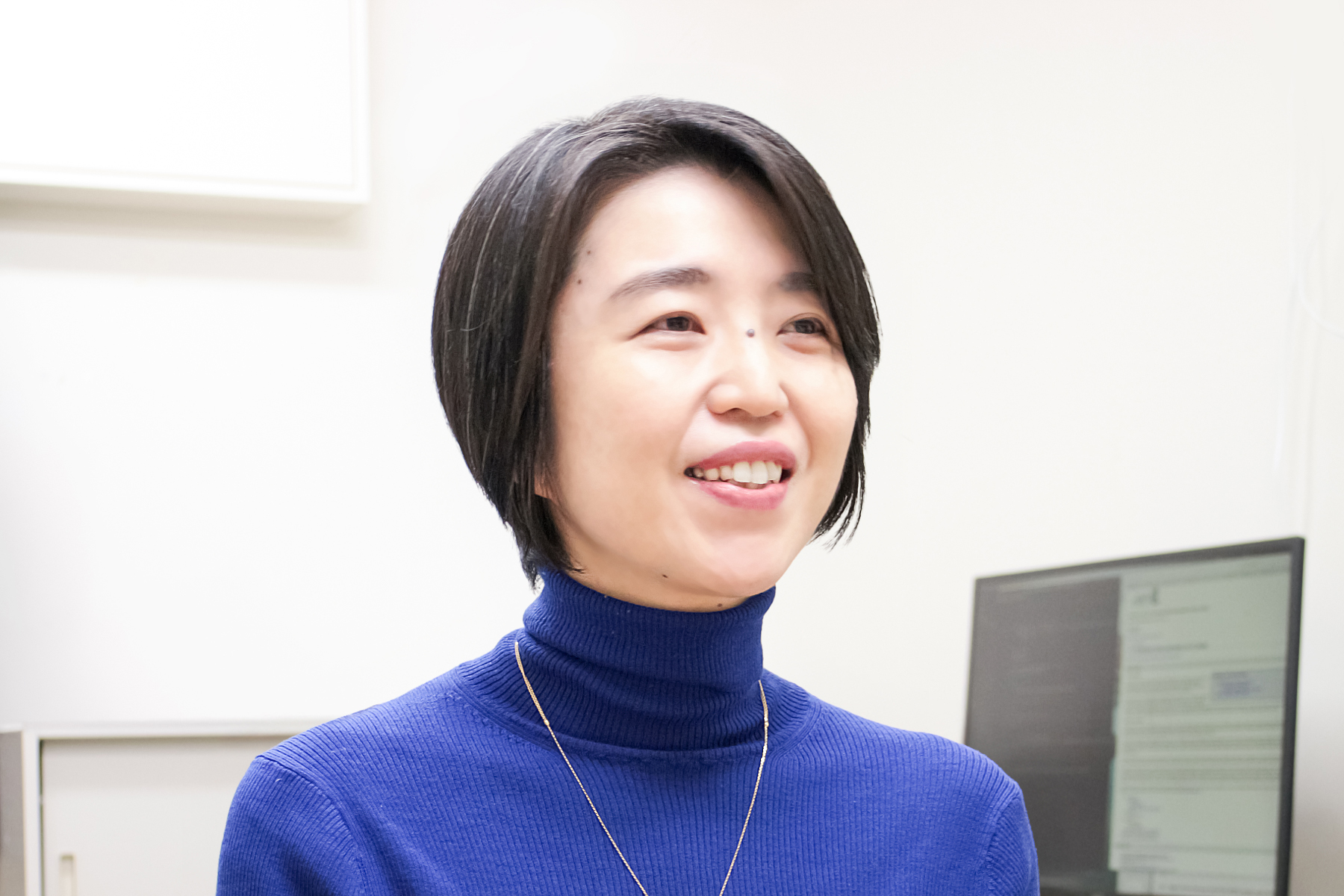
Please share a message for those interested in pursuing research or graduate programs at BRI.
If something interests you, take the first step. It may require courage, but by being honest with yourself and making choices one by one, your path will unfold.





